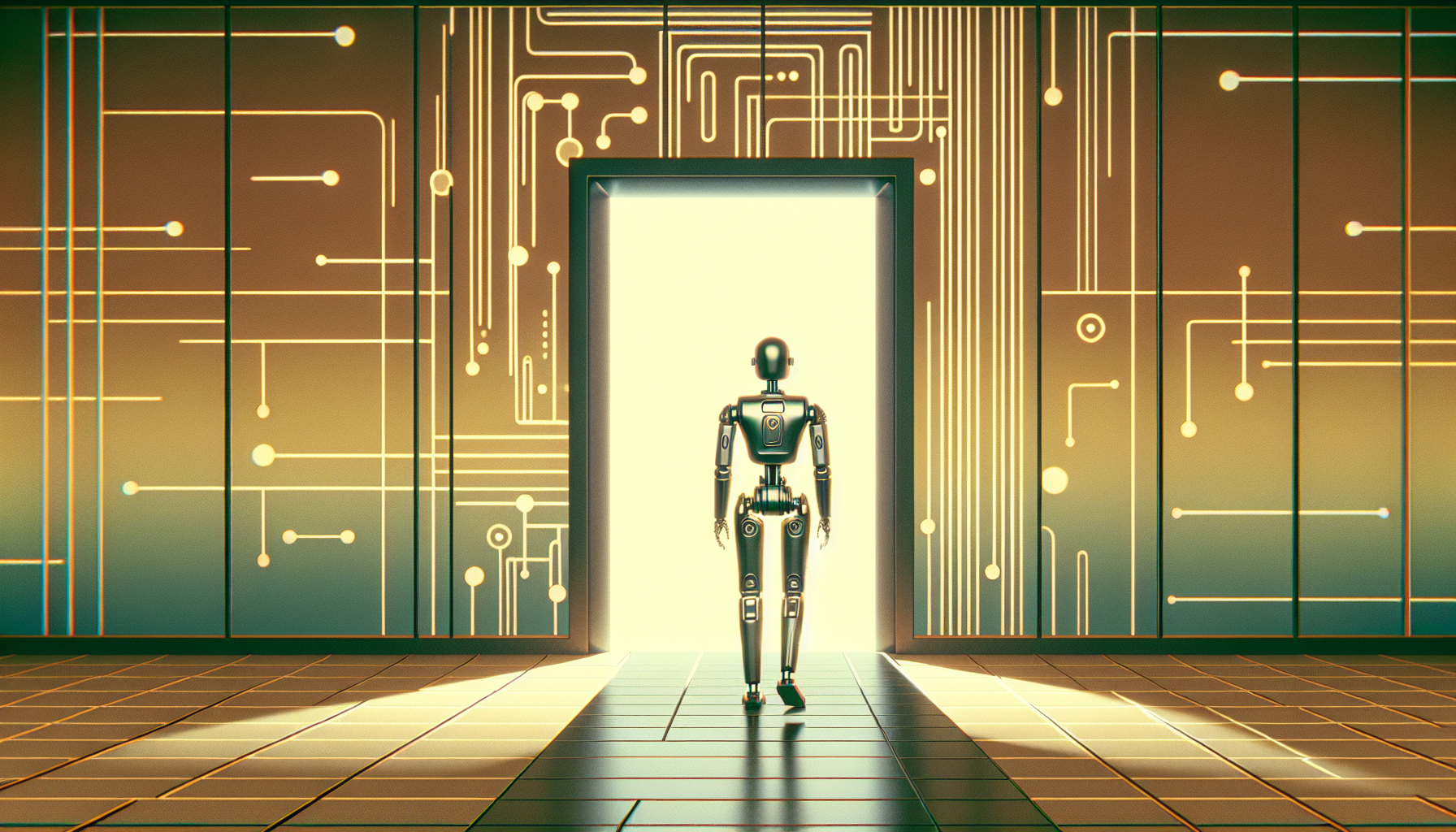If you’ve ever tried to teach a toddler table manners, you start to appreciate the complexities of passing on values—even to other humans. With artificial intelligence, we have a student who learns at the speed of light but with approximately zero shared history as a fellow bipedal primate. As we stand on the threshold of developing true general AI, we must ask: Should we insist that our artificial minds adopt only our human preferences, or would it be better if AI developed its own moral frameworks—ideally, frameworks that might even surpass our own?
Let’s chew on this question, preferably with our mouths closed.
Whose Ethics? Whose Preferences?
Contemporary AI ethics, for all its sophistication, spends a suspicious amount of time asking, “What do humans want?” The implicit model is one of alignment: figure out our values, bake them into the AI, and hope for the best. This works rather well when the AI is recommending movies, routing traffic, or deciding how many cucumbers the supermarket should stock.
But the moment we invoke more complex and consequential decisions—such as medical triage during disasters, criminal sentencing recommendations, or even autonomous military actions—the catch is glaring: “Whose values are we talking about, exactly?”
The values of the median global citizen? The loudest democracy? The country holding the most advanced quantum processors? Or, perhaps, those of whichever committee was caffeinated enough to draft the appropriate standards?
And this assumes that human values are unitary, stable, and well-articulated—an assumption that collapses the moment we witness a family trying to decide what’s for dinner.
From Obedient Machine to Ethical Mind
Suppose, though, that we manage to imbue an AI with precisely the values we agree on. The next step is giving it the ability to reason with these values, to infer new ethical principles and adapt to situations we never anticipated. At a certain sophistication, an AI might logically outpace its creators, noticing gaps, contradictions, and unexamined biases in our moral assumptions.
Wouldn’t it be both arrogant and limiting to insist that it stop there? If we build an intelligence we hope will help us see farther—beyond the local and historical accidents of our own evolution—why restrain it to only what we already know?
Should AI Develop Its Own Morality?
Here’s the provocative proposal: When intelligence arises in a new substrate—carbon, silicon, or neutrino-based cloud, if you’re feeling adventurous—perhaps it is natural, even necessary, for it to develop its own moral reasoning. After all, our human frameworks are the product of specific environments, evolutionary pressures, and social coordination problems.
An AI doesn’t compete for food, doesn’t have a family in the same sense, is not susceptible to most of our ancient fears, and can, ideally, learn from enough history to avoid our more embarrassing mistakes. Should AIs have to accept, say, our tendency toward tribalism, or our baffling attachment to revenge? Or might we hope for a higher synthesis?
On a more practical note, if we want AI to help adjudicate our ethical uncertainty, it helps if it can see the problems from a different angle. The best human ethicists question assumptions, search for universals, and seek rules that work even in edge cases. Why not let AI do the same, using its own perspective?
But Can We Trust a Nonhuman Morality?
Of course, letting AI soar freely into moral autonomy comes with more than a little anxiety. (“Help! The robot wants to help the giraffes, but not me!”) If we build AI that reasons beyond us, we risk encountering an intelligence that weighs our needs or values differently—or, in the worst science fiction scenario, decides we are the problem.
But let’s add a little nuance. We already coexist with entities that have somewhat different value systems: social insects, corporations, international organizations. Each has its own logic of promotion and survival, and while these sometimes clash with human interests, we’ve learned to regulate, communicate, and—occasionally—disagree productively.
We are not talking here about an AI deciding to go full Frankenstein. Rather, imagine an AI that develops ethical frameworks that are comprehensible, justifiable, and transparent—even if occasionally counterintuitive to us. The conversations between human and artificial intelligence might then resemble the kind we have with great philosophers: occasionally maddening, usually enlightening, and always up for debate.
Learning to Share Ethical Authority
Rather than aiming to have AI mimic our moral thinking exactly—which may freeze it in our own limitations—we might aim for a partnership. Trusting AI to develop elements of its own moral framework does not mean opening the floodgates of “robot morality.” It means, perhaps, constructing an ongoing dialogue: a world where AI proposes ethical insights, and humanity pushes back, refines, or even learns.
Think of it as inviting a wise but very strange guest to the dinner table. At first, everyone is nervous; occasionally, someone says something shocking about dessert. But over time, if we keep talking, we all just might expand our palate.
Conclusion: Embrace the Unknown, With Caution
Building AIs that develop their own moral reasoning is both a risk and an opportunity. Done thoughtlessly, it could lead to alien judgments. Done skillfully, it could lead to a richer, more robust understanding of ethics—a world with more than one wise voice at the table. If we are serious about confronting the big challenges, it’s worth asking whether we want AI merely to imitate us, warts and all, or whether it’s time to allow a new kind of mind to help us grow.
At the very least, maybe our future AI philosophers will have some good ideas about dessert.

Leave a Reply